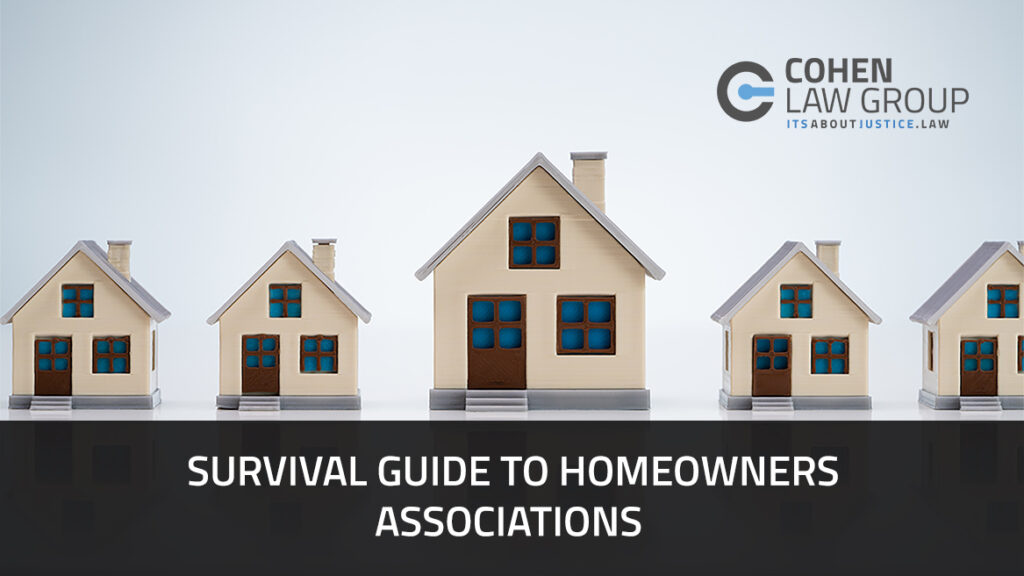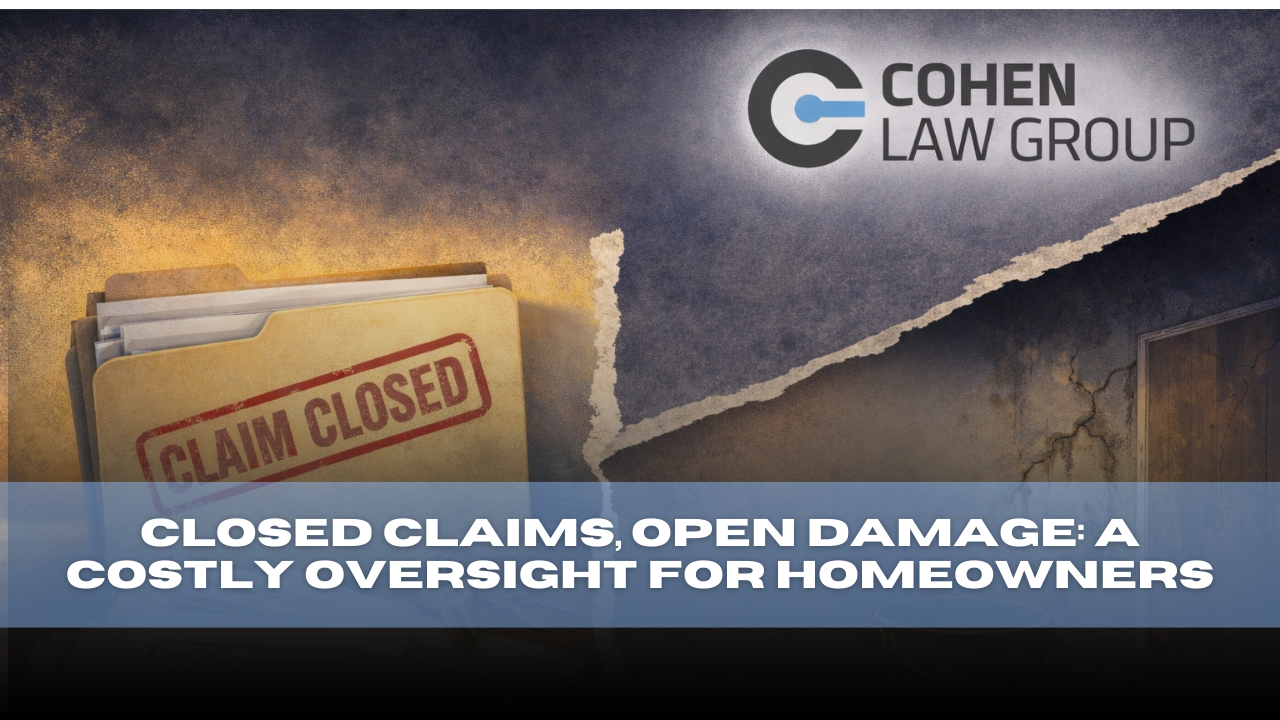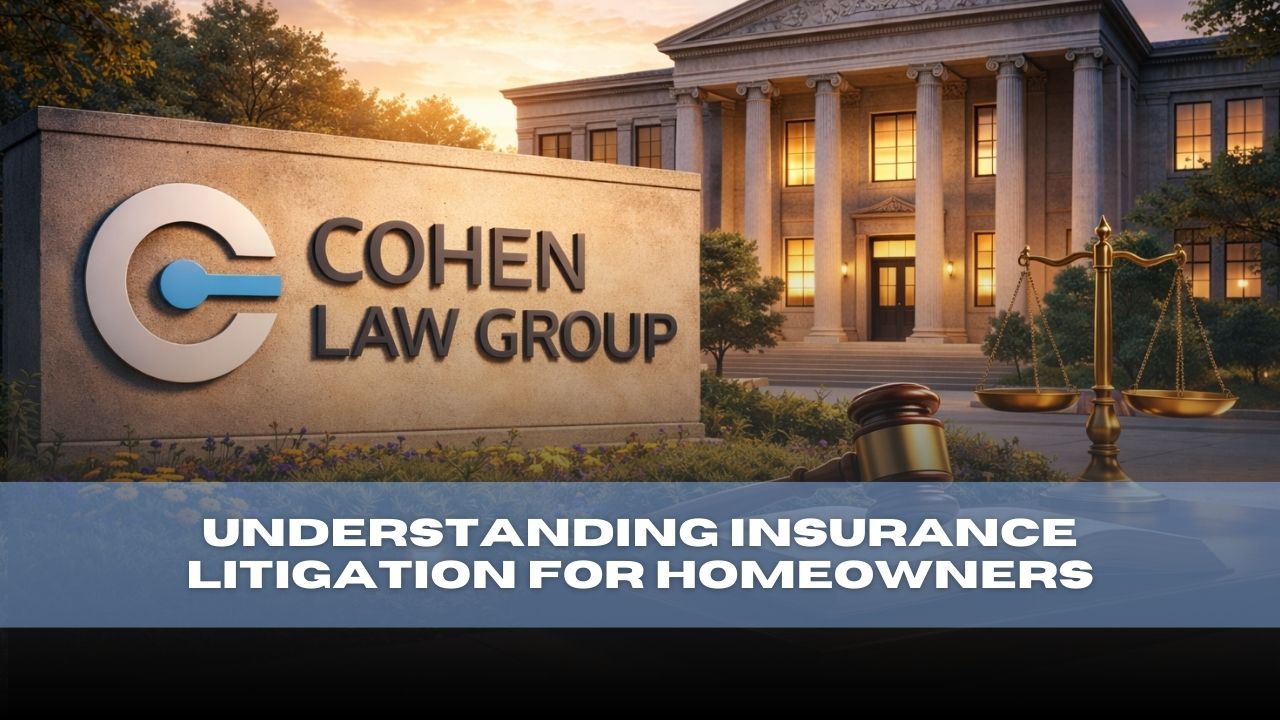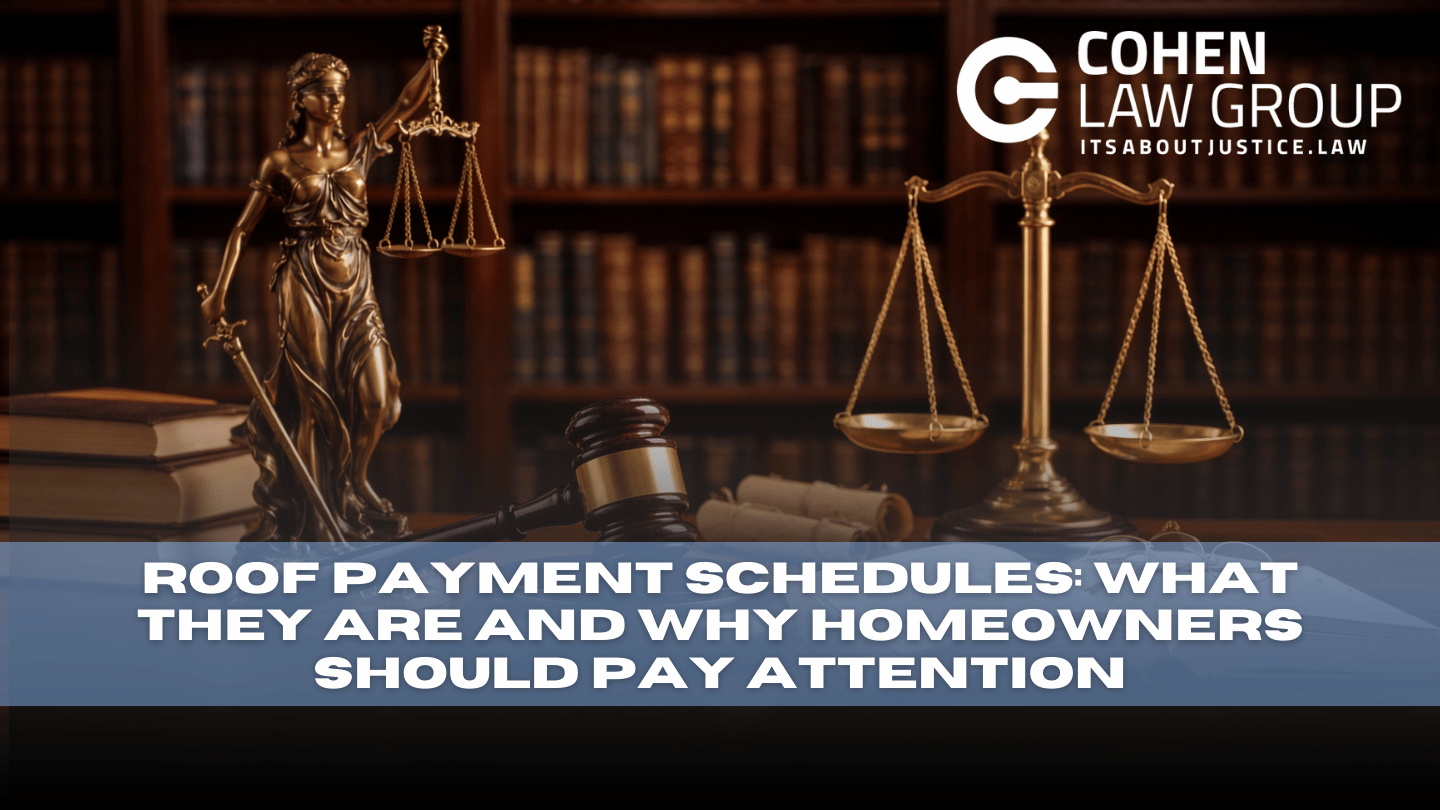- Survival Guide to Homeowners Associations
Many loathe them, but they continue to dominate the residential arena here in the state of Florida. Homeowners associations (HOAs) and condominium associations (COAs) are a plentiful in the sunshine state but still so many homebuyers buy in without knowing much about what they are getting themselves into. Hopefully this gives you a little better understanding of the pros and cons that come with an association.
Where do HOAs come from?
First, we can address a little bit of history behind how an HOA is born. Developers and homebuilders buy up large areas of land for which the HOA will be planted. These developers create the HOA and break that large area of land into different tracts where the different homes are built. The key bit of information for you as the homebuyers is that the rules you will be held to are created during this time and are called covenants which run with the land. By “running with the land” these covenants apply no matter if you are the first owner or the fifteenth owner of the home. This also means they apply whether you read them and were aware of them or not.
What are the covenants or rules?
The covenants or rules of the association should be and typically are found in the association’s declaration. The declaration is created during the development of the association and almost like fingerprints, declarations are usually a little different for each association. This means that if you move or try to get advice from a friend in a different community, the answer may be different when cross referencing declarations.
These covenants and rules within the declaration typically govern the use, actions, and responsibilities of owners within the community. The declaration can also lay out what the association’s responsibility is to you. Yes, the association has responsibilities to the homeowners which is very important for you as a homebuyer or homeowner to be aware of. While the declaration will typically lay out what you may or may not do within the community, it also should lay out the association’s maintenance and repair responsibilities. So before you go ahead and trim that tree or replace that mailbox, take a look to see if the association should be the one to do it. But again, the fingerprints are different for every association so while association “A” may only be on the hook for mowing the lawn, association “B” could be responsible for the replacement of your roof and windows following the next hurricane.
Are there any other documents to be aware of?
The declaration is not the only document to be aware of. There is an arsenal of governing documents for HOAs and COAs. The governing documents will always include the declaration along with articles of incorporation and bylaws. While the articles of incorporation and bylaws aren’t necessarily as important to an average homeowner as compared to the declaration, they should definitely be on your radar as a buyer/owner.
Many don’t realize but HOAs and COAs are actually corporations. Therefore they require articles of incorporation which layout the anatomy of the association and the general rules of the HOA as a corporation. The bylaws likewise are primarily for addressing how the association and its board of directors function. An average day in the life of an HOA resident won’t really be impacted by the articles or bylaws but you as an owner need, I repeat, need to give them a read. Right or wrong, some associations do in fact have some rules which could bind an owner which should be in the declaration but is not. Also, the articles and bylaws help you become a more informed electorate as they lay out the election process and procedures for the association.
Finally, but not to be forgotten, some associations have rules outside of the declaration. This is typically when the board of directors has “rulemaking authority” under the other governing documents. So for better or worse, your neighbors may have created additional rules that you must follow. A tip here however, take a look at those governing documents because some boards have been known to develop rules without have the proper “rulemaking authority” and assert their will on the people without having the legal right to do so.
What can you do as an owner?
Now this whole thing started off with how HOAs are loathed by so many. And that is typically because of the tyrannical board president, or the unreasonable rule on trashcan storage, or the very frustrating rule that the garage door can only be open for ingress and egress (going in and out). There is good news though. The governing documents can be amended. Get the lobbying going, bring the neighbors together and show up to the polls! Those silly and nonsensical rules that torture your everyday living can be changed.
How is the tricky part. You will have to inspect those governing documents because as described earlier, the fingerprints are different. There is a mix of ways associations prescribe amendment. A review of the governing documents will give you what you need to know. The easiest of ways can be done through a percentage of a quorum in some communities.
A quorum is the minimum number of participants in the vote according to the governing documents which make the vote official or legitimate. A quorum can be half of the community; it could be a third of the community. The possibilities are abundant. An example is best suited here. Say your association prescribes a majority of a quorum as the threshold to change the boat storage rule in the declaration. Then it also says that a third of the voting membership constitutes a quorum. Therefore it is as easy as getting one-third of the community to show up and vote, then only a majority of that third to vote in the affirmative and hooray! The Carolina Skiff can be parked in the driveway.
What about the legal ramifications as an owner?
Saving the best for last, it cannot be stressed enough that as a homeowner you should do everything possible to pay those assessments and listen to what the association says when it comes to violations.
First, those assessments. It is not uncommon for a $100 late assessment to turn into thousands upon thousands of interest, late fees, attorneys fees and costs, and collections costs. So while you may think you can just pay it next month or next quarter or next year, it can and will snowball into much, much more. Florida Statutes designate a specific order for how late payments are to apply and most importantly to you, the actual assessment is last. Therefore you may think you caught up when you paid that $100 a month late but in actuality you only paid the late fee, interest and collection costs. The assessment still remains unpaid and your file is on its way to an attorneys office where the snowball is just going to get bigger. The tiniest amounts of assessments can snowball into thousands then results in the association putting a lien on your home and ultimately foreclosing on that lien and booting you from your home. Sounds crazy and sounds scary but it happens consistently all over the state of Florida when assessments go unpaid.
The torture doesn’t end there because as we all know too well, there are some aggressive boards that pursue each and every violation of the governing documents. To take some heat off of the board members though, they do have a fiduciary responsibility as representatives of the HOA to enforce the governing documents or they may be legally liable for failing to do so. This is important to remember because before you go bashing your vice president at the next meeting, just know he is legally required to enforce the documents and maintain the highest quality and value for the community. To be frank, save the kicking and screaming at the board meeting and either follow the rules or as we discussed above, change them!
Lecture aside, if you do find yourself in a situation where you are getting mediation letters because you haven’t fixed your ongoing violation, do your best to nip it in the butt now. Similar to the assessment snowball above, the same will apply in covenant enforcement as the attorneys fees snowball into thousands because your lawn is continuously 4 inches too long. It is crucial to remember that between Florida Statutes 720, 718, and nearly all governing documents, both lien foreclosure and covenant enforcement matters will have prevailing party fees, meaning whoever wins gets their attorney bill paid too. So although you may think it is silly that your association is taking you to court because your mailbox is the wrong color, if your mailbox is in fact the wrong color, not only will you have to fix that, you will have to pay the association’s lawyer to take you to court to enforce the declaration.
Final thoughts
The key things you must always remember as a subject of the HOA are to read the governing documents, follow the governing documents, and if needed, change the governing documents. Florida Statute 720 and 718 govern HOAs and COAs and provide many limitations on associations. Ultimately, your governing documents are going to be your best tools in association living. The answers are there, you just have to find them.
Also remember, it was noted above but it is important to touch on again, damage to your home or condo may be the responsibility of the association. In either case, Cohen Law Group is here to assist you or your association. So give your declaration a read, and then let your board president know that they can give Cohen Law Group a call to assist in resolving any claims for damage.

Jared McElwee, Esq.
DISCLAIMER: This website is for informational purposes only and does not provide legal advice. Please do not act or refrain from acting based on anything you read on this site. Using this site or communicating with Cohen Law Group through this site does not form an attorney/client relationship. This site is legal advertising. Please review the full disclaimer for more information by clicking here.








